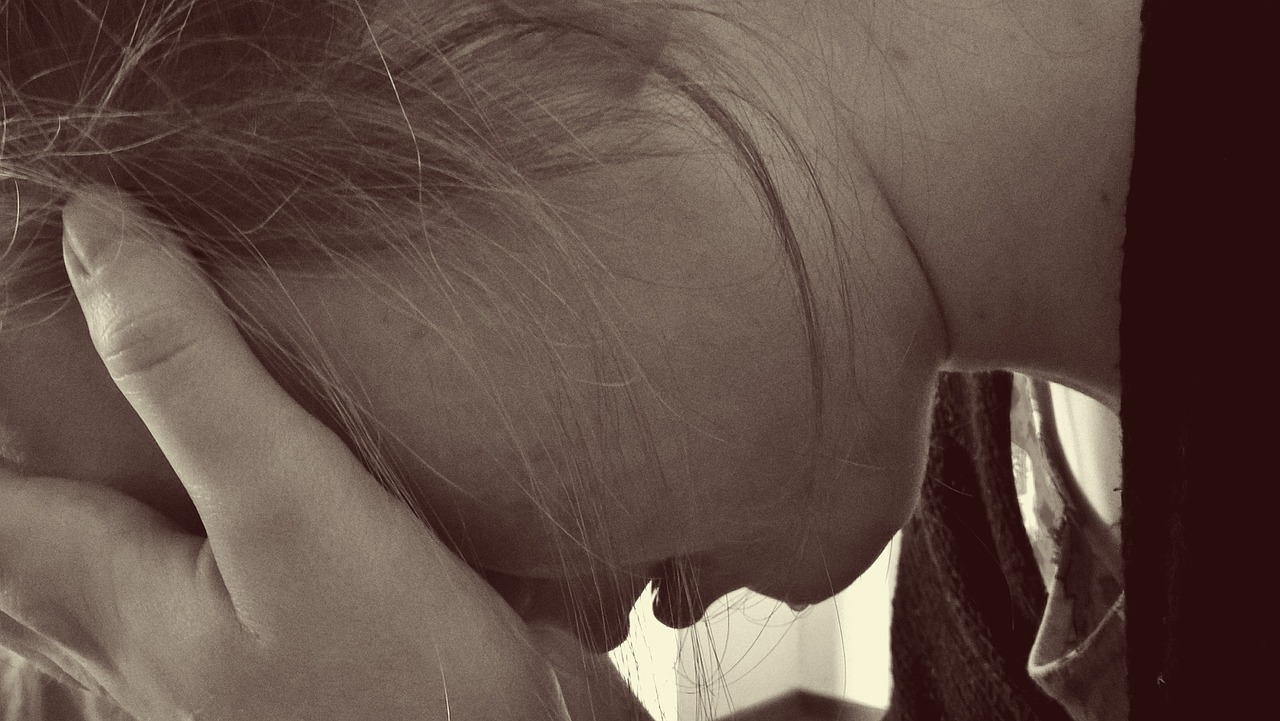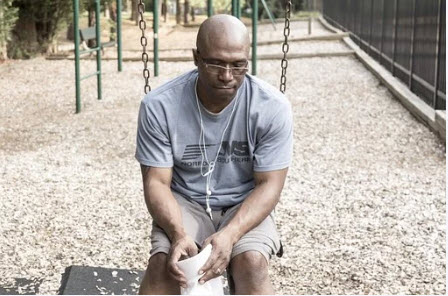Is Suicide Selfish?

Is the act of suicide selfish? A colleague once told me he thought committing suicide was a selfish act. I’ve heard this sentiment many times since.
If your suffering were absolutely unbearable would it be selfish to end your pain by using the only way out you could imagine? I think most people would respond with a resounding “no” to this question if they could put themselves into a suicidal person’s shoes.
Yes, on the surface suicide may look selfish. People who choose suicide as a way out leave loved ones behind. While the person who is gone is no longer suffering, suicide leaves other victims behind to pick up the pieces.
It results with loved ones facing the inevitable experience of grief and guilt. It’s common for people to wonder, What could I have done? This is particularly true of children who lose a parent to suicide. Children see the world from an egoistic point of view, so always feel responsible when someone dies.

Children should always be reassured when a parental figure dies. Because they don’t know how to verbalize their thoughts and feelings as well as adults do, without that reassurance, they will carry the guilt around for their lifetime.
A friend of mine had a Japanese exchange student a few years ago. The student’s parent had committed suicide when she was 12. In Japan, mental illness is still heavily stigmatized, so no one had really talked to her about the incident.
I encouraged my friend to talk to her student about it and to reassure her that the death had nothing to do with her, with what the student may have thought or done. The student later shared that she was so relieved someone had talked to her about it because at 17 years old, she carried guilt about her parent’s death.
She had internalized the idea that her occasional bratty behavior had driven her parent the route of taking her own life.

According to the National Center for Health Statistics (NCHS), there were 47,173 recorded suicides in 2017. This was an increase from the 2014 figure of 42,773. Note that these are recorded suicides only. The true figure is probably higher.
The annual rate of suicide in the U.S. increased 24% between 1999 and 2014. Clearly, suicide is a pressing public health issue in the United States.
Suicide and Depression
While we associate suicide with depression, a study by R.D. Wetzel and team discovered that the intent to commit suicide was highly related to feelings of hopelessness. When the factor of hopelessness was removed, depressed patients were no more likely to have the intent to follow through with suicide.
That’s not to say that depressed patients didn’t have suicidal thoughts, but their intent to act on those thoughts were not a risk unless they also experienced hopelessness.

Feelings of hopelessness are commonly associated with depression. It’s one of the criterion for a diagnosis of Major Depressive Disorder according to the Diagnostic and Statistical Manual, 5th version (DSM-V). The DSM-5 is the professional manual used by mental health professionals to diagnose mental health conditions.
Risk Factors
Some people are more at risk for suicide than others. Some of those factors include: prior suicide attempts, substance abuse, and mental health conditions especially mood disorders like bipolar disorder and depressive disorders.
When someone has access to lethal means, they are at a higher risk of completing suicide. For example, someone who threatens to drown themselves is at a lower risk than someone who has access to a firearm.
That’s not to say that you shouldn’t take any statement about suicide seriously. It just means that someone with access to a lethal means is more likely to be successful.
Social isolation and loneliness pose a suicide risk, as do chronic illness and disability. This makes the elderly particularly susceptible to suicide. The rate of suicide among the elderly is significantly higher than in the overall population.

Limited access to mental health services puts a person at higher risk of suicide. Sadly, in the U.S. many people face this obstacle due being under- or uninsured.
Community mental health centers can help fill this gap. They normally receive donations and government funding in order to serve the uninsured. Still, due to geographical distance, long wait times for appointments, and other factors, mental health services are not easily accessible to all.
Warning Signs
What are some of the things you should look for if you are concerned that someone you care about may be considering suicide as a solution? There are some warning signs you can be on the lookout for. Again, don’t be hesitant to ask the tough question, Are you thinking of hurting yourself?
While this idea makes some people recoil, you can come right out and ask someone if they are having these thoughts. Understandably, non-professionals are hesitant to “go there”.
For one, the subject of suicide is taboo in our culture. Secondly, people fear that asking the question might trigger the thought in someone who is depressed. In other words, people worry that this question will give someone the idea to kill themselves.
It won’t. In fact, showing you care and are willing to touch on sensitive subjects can serve as a protective factor against someone taking their own life.
Some warning signs include what the person says, how they act, and their mood.
What They Say
You should always take a reference to suicide seriously, even if the person seems like they are joking. A friend may casually comment they would be better off dead. While the comment may seem benign enough, they may be sending you a signal. They may be asking for help.
There are other things people who are suicidal might say, things like people would be better off without them; or they may say their life will never get better, signaling that they are feeling hopeless.
What They Do
Finding an internet search for ways to commit suicide would obviously be a huge red flag.
Commenting they feel like they are a burden on others may be a sign they are considering suicide as an option.
People who are preparing for suicide might begin to give away things that were once special to them, or they may start saying good-bye to people in their lives. Someone might begin calling and visiting loves ones; or they may simple leave a note.
Notice if there are changes in their behavior. Are they abusing substances? Have they begun to socially isolate and withdraw from others? If they show any of these signs, have they recently purchased a firearm?
When people are considering suicide and finally make the resolve to follow through, they feel a sense of relief and their behavior and mood may suddenly improve. Keep your eyes open for this change in someone who was previously despondent.
What They Feel
The person you are concerned about may directly tell you how they feel, or you may deduce they are feeling a certain way based on their behavior.
Do they make comments or do they seem hopeless about the future, as though things are never going to get better? Do they have other signs of depression like low energy, isolation, fatigue, or irritability? These are all things to be aware of.
Those who are suffering from depression with psychosis are at a higher risk of following through with suicide.
Finally, feeling trapped is another situation which may trigger suicide. For example, someone who feels they have no options or control over their life will be at increased risk of ending their life.
Sadly, not all suicides can be prevented. Some people show few to no signs of these thoughts and act without many warning signals. If you or someone you know has thoughts of hurting themselves, contact The Suicide Prevention Hotline, your local mental health center, or 911. Click on these for the hotline number and for a directory of mental health centers.
For more information about bipolar disorder, depression, and depression with psychosis see our articles in the links provided.





Thanks for the info 🙂